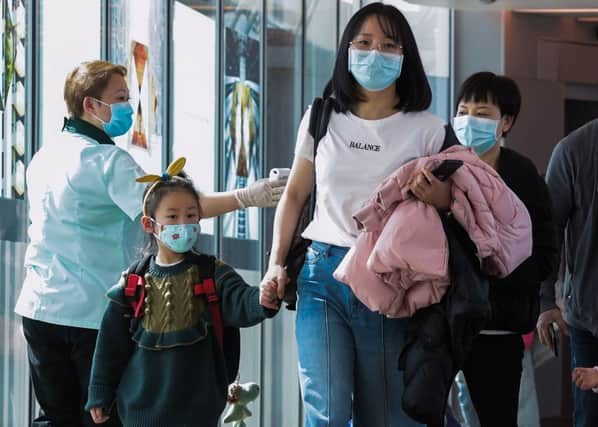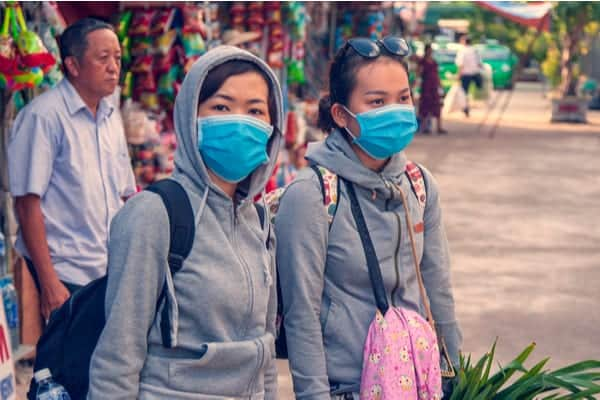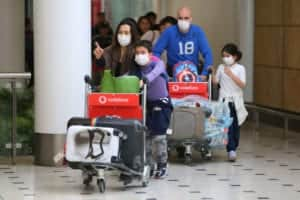The latest Foreign Office travel advice for Singapore after coronavirus warning


The coronavirus which has infected over 71,000 people, is wreaking havoc in China and other countries, with over 1,700 people dead as a result of the outbreak.
The strain is causing concern due to its similarity to the SARS virus which killed 774 people across China and Hong Kong between 2002 and 2003.
Advertisement
Hide AdAdvertisement
Hide AdMost cases have been in the city of Wuhan where the virus is thought to have originated, but there have been confirmed cases elsewhere, and the outbreak now affects 29 countries and territories.


Officials in Singapore reported the island city-state's first case on 23 January.
There have now been 71 confirmed cases in the region, but thankfully, nobody has died from the virus there.
However, the news will cause concern for Brits looking to travel to Singapore, so here's everything you need to know if you are planning on travelling there.
What's the official travel advice?


(Photo: Shutterstock)
Advertisement
Hide AdAdvertisement
Hide Ad"There is an ongoing outbreak of coronavirus in China and elsewhere in the region, including Singapore," say the Foreign and Commonwealth Office (FCO).
"All new visitors with recent travel history to mainland China within the previous 14 days will not be granted permission to enter or transit Singapore. Check the Singapore Ministry of Health website for full details.
"If you’re returning to the UK from Singapore, consult the latest advice from the Department of Health and Social Care on actions you should take if you develop symptoms on your return.
"Further advice on coronavirus is available from Public Health England and on the TravelHealthPro website."
What is the coronavirus?
(Photo: Getty Images)
Advertisement
Hide AdAdvertisement
Hide AdCoronaviruses are a large family of viruses, with the Centres for Disease Control and Prevention (CDC) explaining they usually cause “mild to moderate upper-respiratory tract illnesses”, like the common cold.
This particular strain originated in Wuhan City, Hubei Province, the largest city in central China, and is in the same family as SARS and MERS (Middle East respiratory syndrome).
The first suspected cases of the virus were reported at the end of last year on 31 December 2019 in Wuhan, but it has since been confirmed in other parts of China.
Most people get infected with these viruses at some point during their lives, although they usually only last for a short period of time.
Symptoms of the virus may include:
Advertisement
Hide AdAdvertisement
Hide Adrunny noseheadachecoughsore throatfevera general feeling of being unwell
There are currently no vaccines to protect against coronavirus infection, but there are ways to help reduce your risk of contracting it.
The CDC advise:
washing your hands often with soap and water for at least 20 secondsavoid touching your eyes, nose, or mouth with unwashed handsavoid close contact with people who are sick
If you are experiencing cold-like symptoms, you can help reduce the risk of spreading it by staying at home while you are ill, and avoiding close contact with others.